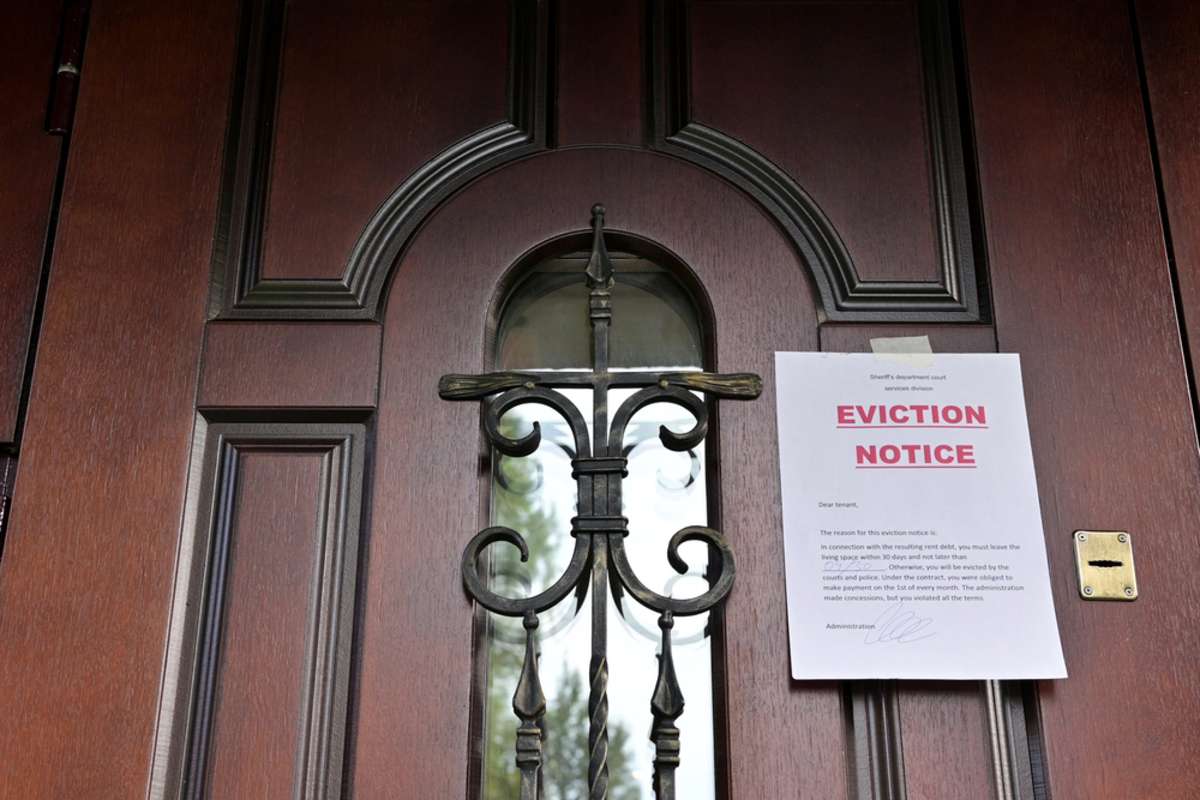No property owner wants to serve a 30-day eviction notice to tenants, but sometimes, it has to happen. For example, if there comes a point when you need to terminate the rental agreement with a renter and remove them from the property, you will have to go through the eviction process.
While it may seem costly to evict a renter, a property owner must pursue this legal option when they are behind in the rent or caused damage to your property without paying for it. In addition, property owners can evict when a resident continues to violate the terms of the lease. As a Columbia property management company, we can help you understand the next steps after serving tenants. These steps are critical for you to follow so that you follow the legal process while removing renters from your property.
What Are the Proper Reasons For Eviction?
Property owners must follow local, state, and federal regulations when pursuing an eviction. First, a legal removal can only take place when a real estate investor has a legitimate reason to remove a tenant from a rental unit. Unfortunately, disliking a resident isn’t a good reason to end a lease and force a tenant to move out.

If you’re not sure you have a legal and justifiable reason to remove a resident, a property manager and your attorney can help. Many evictions are the result of tenants failing to pay rent. However, property owners can remove a resident for violating the lease rules or intentional property damage.
When you’ve determined there is a legal justification to evict, and speaking with your resident hasn’t helped come to a resolution, it’s time for the next steps. After delivering a written 30-day eviction notice, here’s what to expect next.
Proper Steps to Take For Eviction
The best-case scenario is that your renter received the notice and either caught up on their past-due rent or resolved the violation within 30 days. At this stage, the notice of eviction should not be a surprise to the tenant. If they’re not willing to correct the issue, they may be willing to leave without moving forward with the legal eviction process. This could save you time and money and allow you to find a new tenant sooner rather than later.
However, if the renter doesn’t respond positively or fix the problem, it’s time to consult your eviction attorney and a property management company about the next steps. Failing to follow the legal process could lead to a retaliatory lawsuit from your renter or allow the tenant to stay in your rental unit until their lease ends without penalty.
An experienced attorney ensures that you do not make any missteps along the way. If the resident hasn’t moved out on their own or responded with a solution to correct the problem, your attorney will guide you through the process of filing an eviction lawsuit with your local housing court.
What Paperwork Do You Need?
In many cases, it can take 30 to 60 days to schedule a hearing in court. When you go to court, present all of your evidence, including the lease agreement, additional relevant paperwork, and documentation of communications with you and your resident about the issue. If you’re not sure what to bring to court, your attorney can help. They’ll also attend your court appearance to guide you through that event.

It’s essential to keep good records, including copies of emails or texts with your renter, to support your case and verify that a violation justifies a legal tenant removal. In addition, if you have attempted to allow the tenant to correct the violation, such as paying back rent or fixing any damage, you must present that in court (even if they refused to work with you to fix the problem).
Be prepared to show all evidence of the breach of the lease. For example, any photos you have of the damage to the property or witness accounts of illegal activity and lease violations are pertinent to your case and should be available at the hearing.
Then, if the judge rules in your favor, you’ll schedule the tenant’s removal with law enforcement to ensure the resident leaves without further issue.
Eviction Prevention Is Ideal
The eviction process can be lengthy and expensive. The best way for landlords to deal with bad renters is to avoid them! Eviction prevention is critical when operating successful rental properties. Apply a thorough tenant screening process and work with Columbia property managers to deal with residents and protect your rental property.
Let a Columbia Property Manager Help You Navigate the Eviction Process
If you’ve delivered a 30-day eviction notice to tenants and you’re not sure what’s next, a Columbia property management company can help! Before making a legal mistake in the effort to remove a renter from your property, connect with experts to guide you through the process. The Renters Warehouse BW Metro team offers property management services to help property owners maximize returns, including tenant screening and eviction help when needed. Reach out soon to learn more!
Learn more about the right way to remove a tenant with our free “Rental Property Owner’s Tenant Eviction Checklist!”


